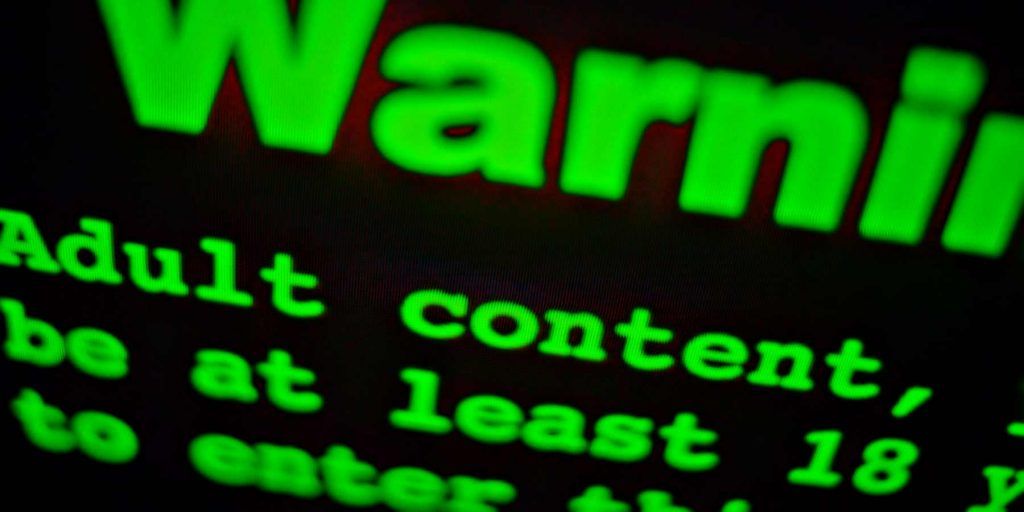North Zealand, March 2015: 15-year-old Sofie and a friend meet up to have fun at a party – nothing out of the ordinary.
A week later, two graphic videos and an image suddenly appear on the internet showing her sexually involved with several young boys.
Sofie can only watch the recordings being shared on Facebook and seen by thousands of Danes, among them many children and youngsters, for over two years .
A nightmare – which, she now claims, could have been prevented.
Main protagonist in a tragic case
Sofie, who has chosen not to reveal her full name, is the tragic protagonist in what has become one of the largest police actions in Danish history.
In a recent interview with Politiken, she blamed the police for carrying out “really insufficient police work” in preventing the videos’ rapid circulation.
“They didn’t try to take the video down. Instead, they just left it up to me to prevent people from sharing it the entire time,” she said.
She further admits to now suffering from multiple mental problems as a result of her ‘sad notoriety’.
Life hasn’t been the same
Ever since the case, Sofie has said her life hasn’t been the same. Not only did she have to change school several times, as her full name was mentioned in the videos, she still also requires frequent psychological treatment to help cope with post-traumatic stress, sleep problems and anxiety.
According to her, the police even recommended that she and the family changed names and moved abroad in order to have a normal life. But it’s not what Sofie wants.
“It’s just not right,” she said. “I have to be able to lead a normal life in Denmark – under my own name and as the person who I am.”
Police admits mistakes were made
Meanwhile, North Zealand Police has acknowledged it should have reacted more quickly in order to stop the video from being shared online.
While Sofie reported the videos’ publication as early as September 2015, the case was not investigated until 2017, after which the Danish police had received data from the United States, which was concerned with the publication and dissemination of child-pornographic content. It wasn’t until then that Facebook, too, reacted and blocked the videos on its platform.
However, as the co-operation between the Danish authorities and Facebook was not very close at the time, it would have been very difficult to remove all the recordings entirely, Lau Thygesen, the head of North Zealand Police’s investigation team, told Politiken.
The full extent of ‘Operation Umbrella’
Throughout the investigation of the so-called ‘Umbrella case’, over a thousand young people, mostly from Denmark, have been charged with ‘sharing offensive images of children’.
READ ALSO: Over a thousand Danish youths charged for sharing sex video
The sentences handed out to those who have been found guilty have included suspended sentences, fines and actual jail time.
And the punishments tend to extend beyond the sentences. In more than one case, for example, the defendant has been placed on the young offenders’ register for at least ten years – which bars them from working in jobs relating to children, such as teaching, sports coaching etc.
The North Zealand police district had the highest number of people charged with 286, followed by Copenhagen (183), Copenhagen’s western suburbs (151) and east Jutland (77).
















